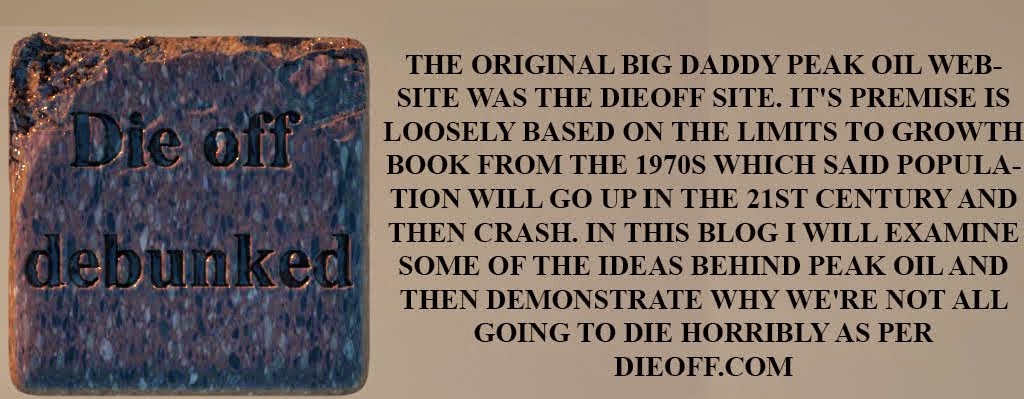University of Minnesota researcher Janice Frias has cracked a key step closer to making renewable petroleum fuels using bacteria, sunlight and carbon dioxide.
Graduate student Janice Frias, who earned her doctorate in January, made the critical step by figuring out how to use a protein to transform fatty acids produced by the bacteria into ketones, which can be cracked to make hydrocarbon fuels.
Why this is different from other "biofuels" is that instead of generating biomass which is cooked into ethanol (along with the need to have vehicles that can run on ethanol), this process is a drop in replacement for standard diesel.
Ketones are especially useful because they can be dropped into standard catalytic cracking processes which generate standard diesel or other hydrocarbons as output. The inputs are only bacteria, sunlight and atmospheric carbon dioxide.
Given the political hot-potato of "climate change", there is significant interest in using carbon dioxide from the atmosphere to generate fuels. Using carbon dioxide as a source is a double win, because it's freely found in the atmosphere and removing it should be good for the environment.
The bacteria used in Synechococcus, which fixes carbon dioxide into sugars using sunlight as an input. These sugars are in turn passed as feedstock to another bacteria, Shewanella, which produces ketones as an output. The ketones are then cracked into hydrocarbons.
I don't know how scalable this is, but every little helps.

3 comments:
Great blog - but maybe change the title to Vaporware Express
Very interesting, as always
there is a little somthing I think you should have a look at though:
http://www.newscientist.com/article/mg21028063.300-wind-and-wave-energies-are-not-renewable-after-all.html
I saw this the other day, and doomers around the net are having a field-day...
I wonder how good his (the scientist) research is
@jamie,
Of course some of these technologies will turn out to be vaporware. Some, however, will go on to become the next microsoft.
@Jimi,
I find it just a little *suspect* that the same type of people who want to shut down the economy because it's harmful to the environment also "discover" that we somehow *need* to shut down every possible source of power to the economy for "our own good".
Post a Comment